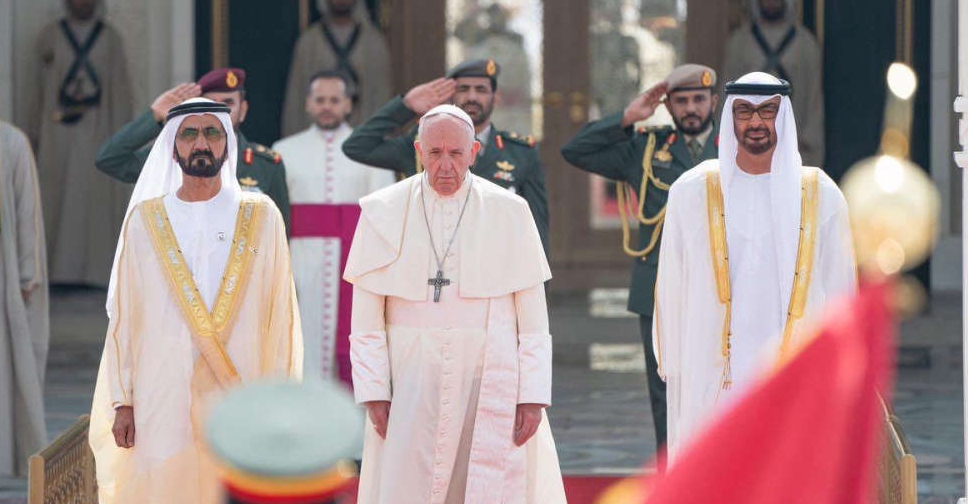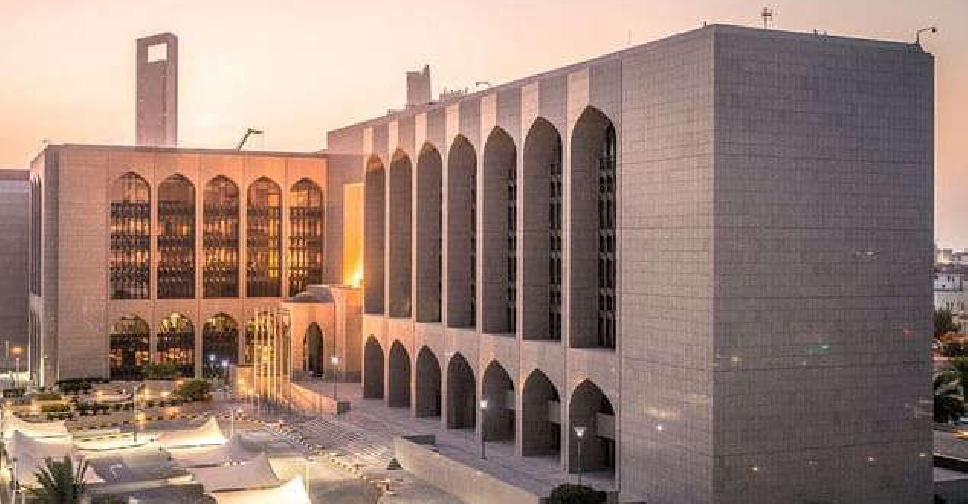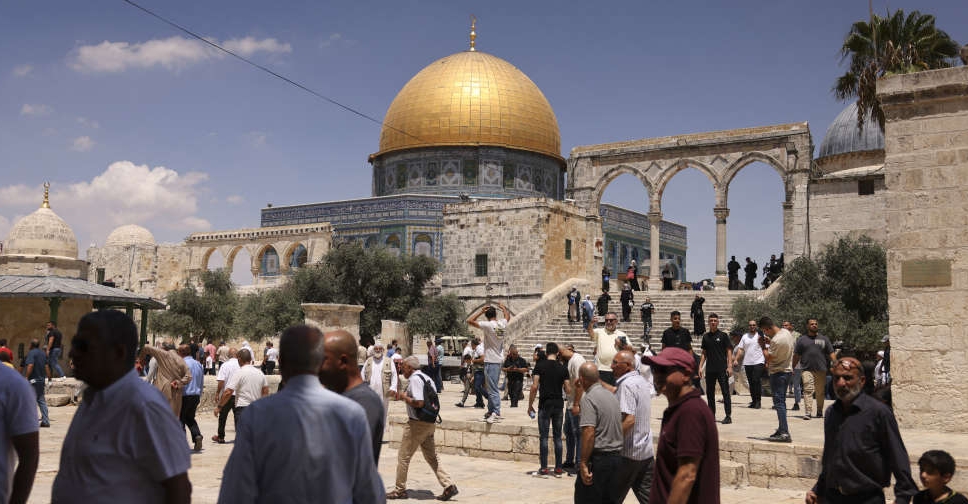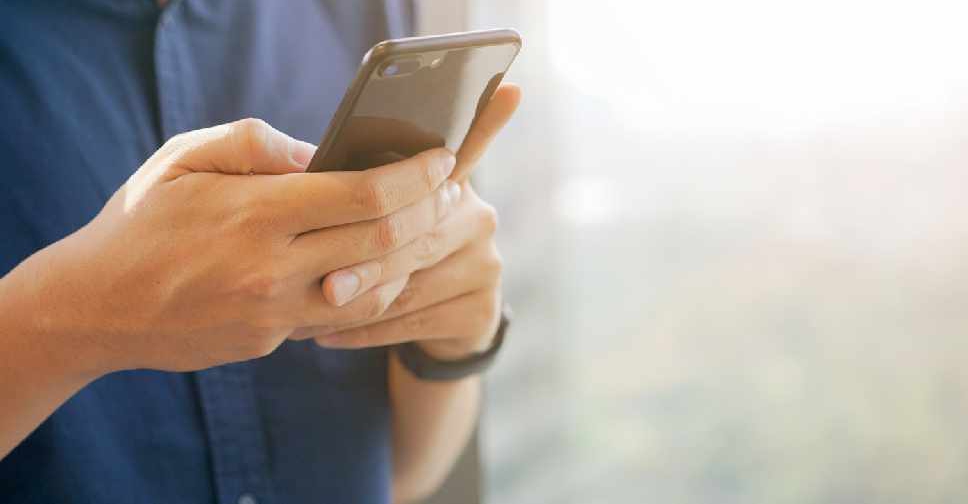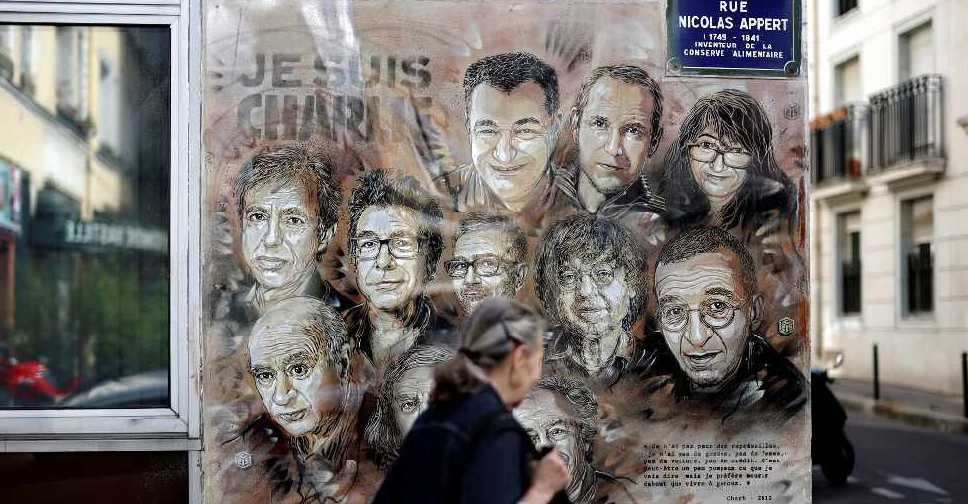
The gunmen who struck the Charlie Hebdo magazine, killing 17, are dead but five years after the attack, their alleged accomplices face trial.
Fourteen defendants, three of whom will be tried in absentia and may be dead, face charges including financing terrorism, membership in a terrorist organisation and supplying weapons to the perpetrators: Said and Cherif Kouachi and Amedy Coulibaly.
On January 7, 2015, the Kouachi brothers went on a killing spree in the Paris offices of Charlie Hebdo, whose satire on race, religion and politics tested the limits of what society would accept in the name of free speech.
They killed 12 in an attack claimed by al Qaeda.
The following day, Coulibaly, an acquaintance of Cherif Kouachi, killed a female police officer. On January 9, he killed four men at a kosher supermarket. In a video, he said he acted in the name of the IS terror group.
More than 250 people have been killed in France in violence since the attacks and countering the threat remains a government priority, Interior Minister Gerald Darmanin says.
Al Qaeda's Yemen branch placed Charlie Hebdo's then-director on its "wanted list" after the weekly published caricatures of the Prophet Mohammad.
The magazine plans to re-publish the cartoons to coincide with the trial.
"We will never lie down. We will never give up," editor Laurent "Riss" Sourisseau wrote.
President Emmanuel Macron said it was not for him to pass comment on the magazine's editorial judgement.
"Satire is not a discourse of hate," the president told a news conference in Beirut.
Among those charged are Hayat Boumedienne, Coulibaly's partner at the time of the attacks, and brothers Mohamed and Mehdi Belhoucine. All three travelled to areas of Syria under IS' control days before the attacks and may be dead.
The trial, which will run for 10 weeks and be filmed throughout, is likely to evoke painful memories.


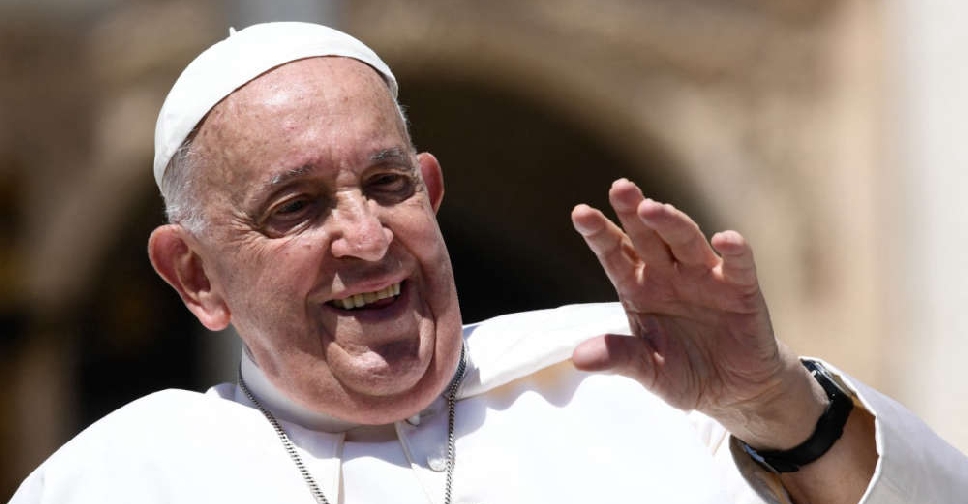 Pope Francis dies aged 88, Vatican says
Pope Francis dies aged 88, Vatican says
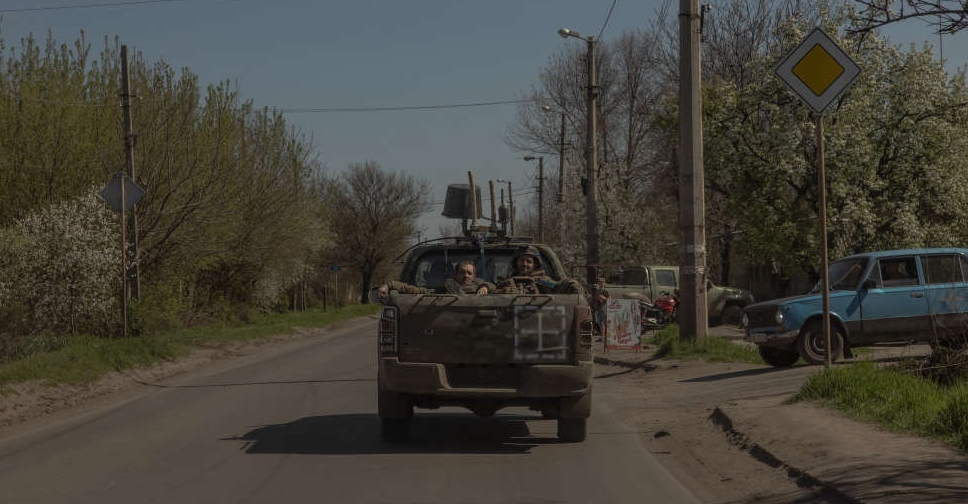 Half of Ukraine under air raid alerts hours after Russia ceasefire ends
Half of Ukraine under air raid alerts hours after Russia ceasefire ends
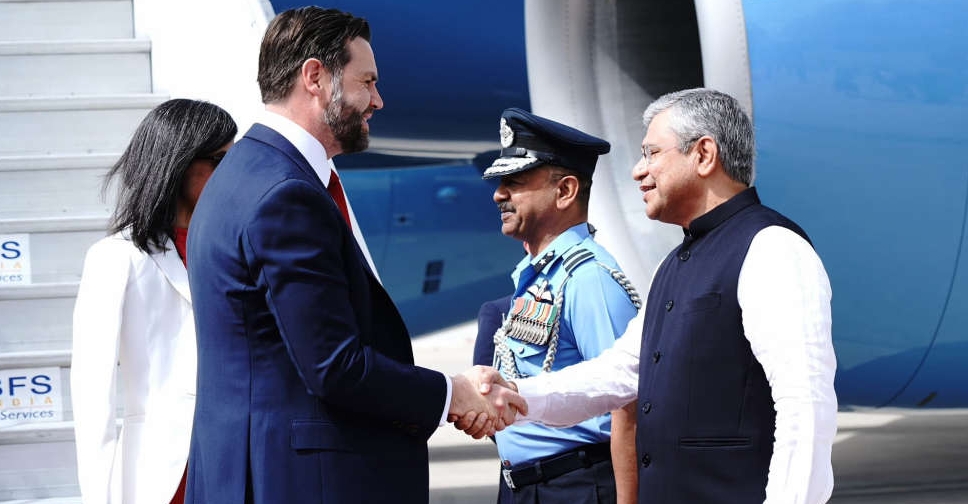 Vance arrives in India, to hold talks with Modi under US tariffs shadow
Vance arrives in India, to hold talks with Modi under US tariffs shadow
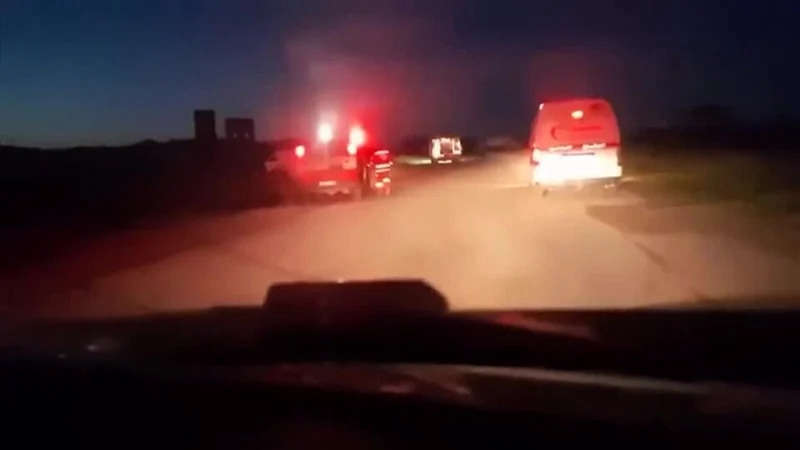 Israel's military finds 'professional failures' in killings of Gaza medics
Israel's military finds 'professional failures' in killings of Gaza medics
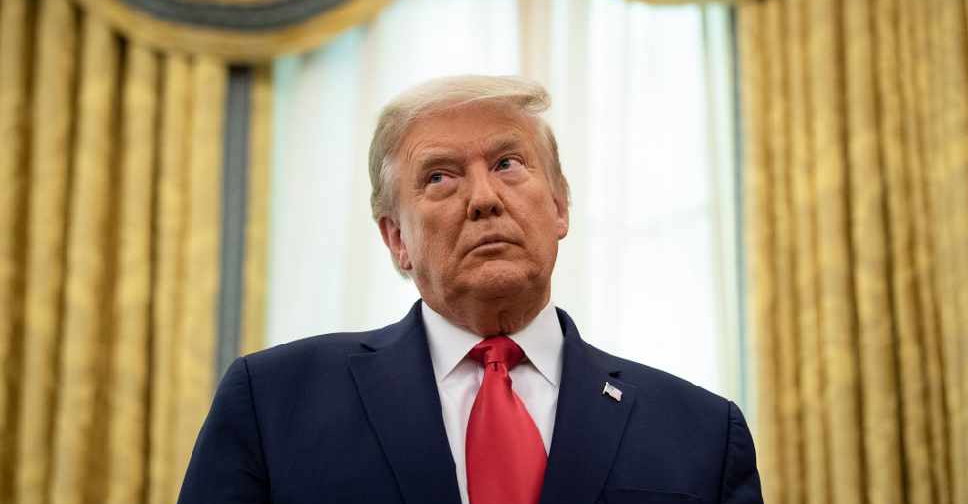 Trump threatens to cut another $1 billion in Harvard funding, WSJ reports
Trump threatens to cut another $1 billion in Harvard funding, WSJ reports
